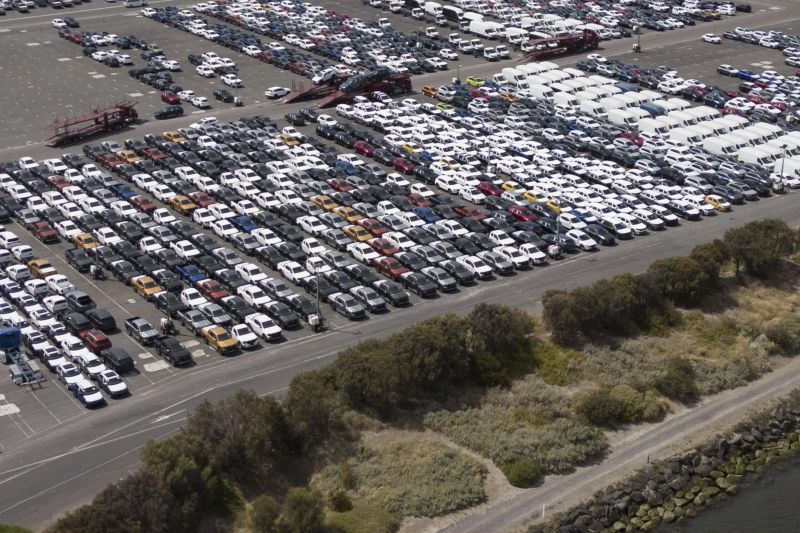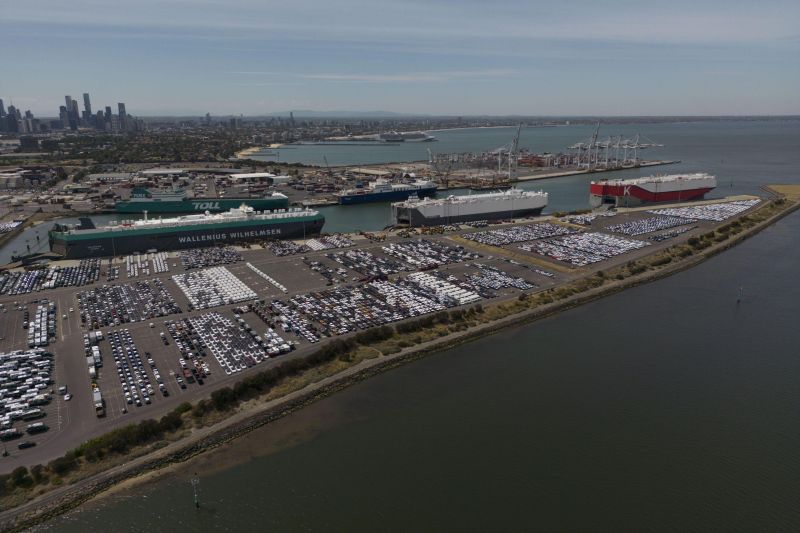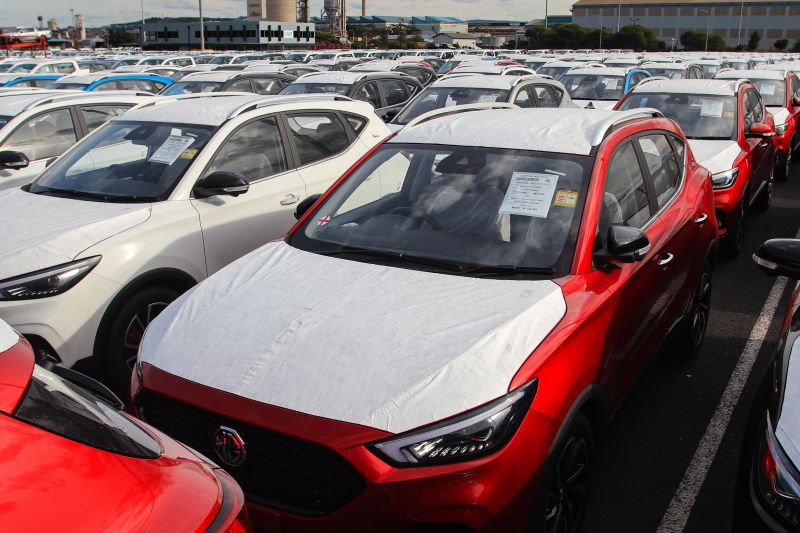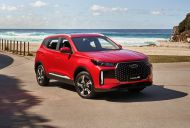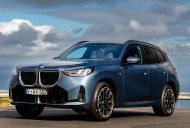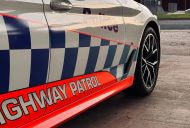The Federal Government has called on Australia’s car brands to stop importing vehicles contaminated with biosecurity risks, and help ease growing backlogs at the nation’s ports.
Thousands of cars are backed up at east coast ports awaiting decontamination after being assessed as biosecurity risks – potentially having picked up plant and animal matter while sitting in holding yards in countries home to plants and bugs not found in Australia.
Commercial cleaning takes time, and causes crippling kinks in the port’s flow of goods. This is only adding to the myriad supply chain problems we’e seen these past few years during COVID, with the result being even more extended wait times.
We’re even hearing stories of tens of thousands of vehicles being kept on ships at sea, waiting for a spot to open at the dock. This causes headaches for consumers, dealers, car brands, and the wider shipping industry.
Since 2021, Australia’s ports have seen an 88 per cent increase in new vehicles arriving with biosecurity risk material contamination, according to the Department of Agriculture, Fisheries and Forestry.
Over the same period, there has been a 17 per cent per cent increase in the total number of new vehicle imports into Australia, as the post-COVID supply chain improves in other areas.
Generally, ships carry various makes of vehicle on board, although there are cases of some brands hiring a ship just for their product.
Over the weekend, federal Agriculture Minister Murray Watt said “an explosion in contaminated cars turning up at our ports is putting huge pressure on our biosecurity system.
“Biosecurity is a shared responsibility, to protect our $90 billion agriculture sector from exotic pests and diseases. Car makers and importers must play a role too.”
Minister Watt also told the Sydney Morning Herald that car brands needed to play a part in presenting clean items at the border, adding his department was working with carmakers to get additional cleaning facilities up and running.
“Frankly, this problem could stop tomorrow if carmakers do their job and make sure that they’re presenting clean items at the borders,” he said.
“But in the real world, I’d certainly hope that over this calendar year, we can make some real improvements.”
Background
Tens of thousands of vehicles are stranded on local docks, with biosecurity screening backlogs to blame.
The Department of Agriculture recently flagged an increase in Biosecurity Risk Material (BRM), attributing this to the protracted periods of time vehicles have sat in holding yards overseas of late.
If a biosecurity threat is identified on board a cargo ship – whether that be seeds, soil or insects – an entire fleet of vehicles may need to be subjected to a thorough deep-cleaning.
Infestations of pests like stink bugs aren’t a new occurrence, but the latest biosecurity alert has come at an inauspicious time for an industry that has been battling stock shortages due to COVID-19-related lockdowns as well as semiconductor chip shortages.
In addition to our old enemy, the plant-devouring Brown Marmorated Stink Bug, the Department of Agriculture has flagged the presence of bacteria-carrying exotic snails and the Siam weed, which can form impenetrable thickets up to three metres tall, smother crops, and pose a major fire hazard in the dry season.
Government data published by The Age found the number of new cars referred for cleaning due to contamination rose 88 per cent, from 17,700 vehicles in 2021 to 33,300 in 2022.
China was the largest source of contaminated vehicles in 2022, with 10,900 failing biosecurity tests from a total of 148,200. This was followed by Thailand (4200 out of 241,200) and Spain (3900 out of 18,000).
“There’s really no way of knowing how long this particular circumstance will last for,” said Australian Automotive Dealer Association chief executive James Voortman.
“Just like the semiconductor shortage, it’s almost all brands coming from almost all countries. This is seemingly a threat that’s not scoping any of the brands, makes or models, it seems like the pain is being shared across the board on this occasion,” he said.





